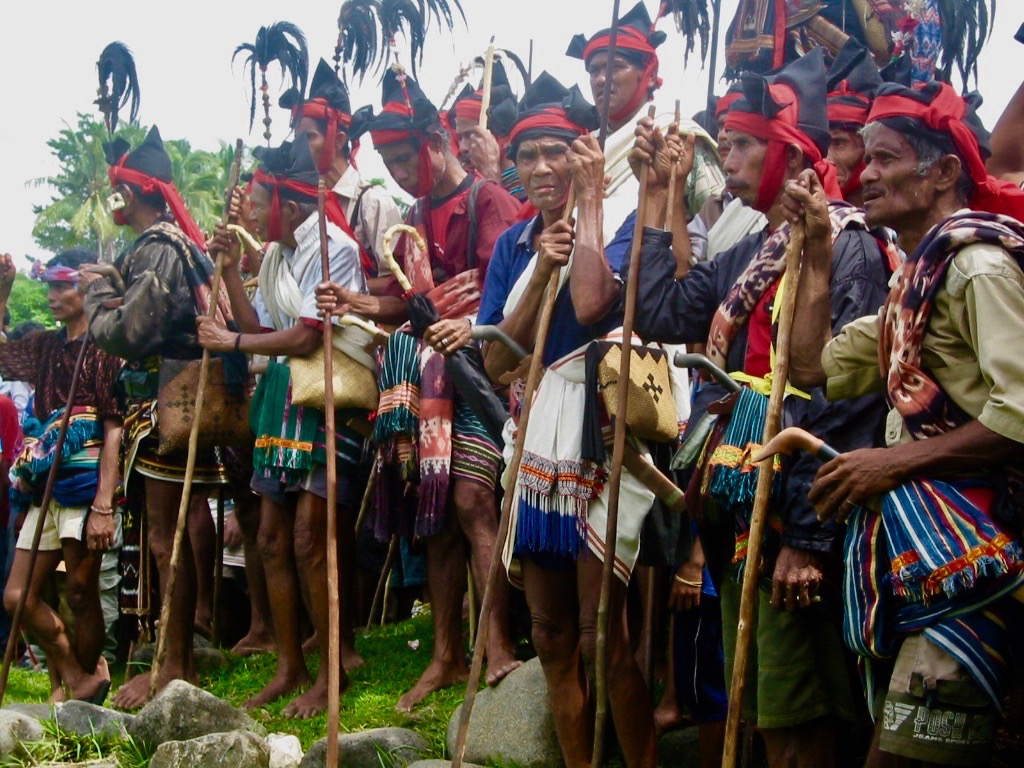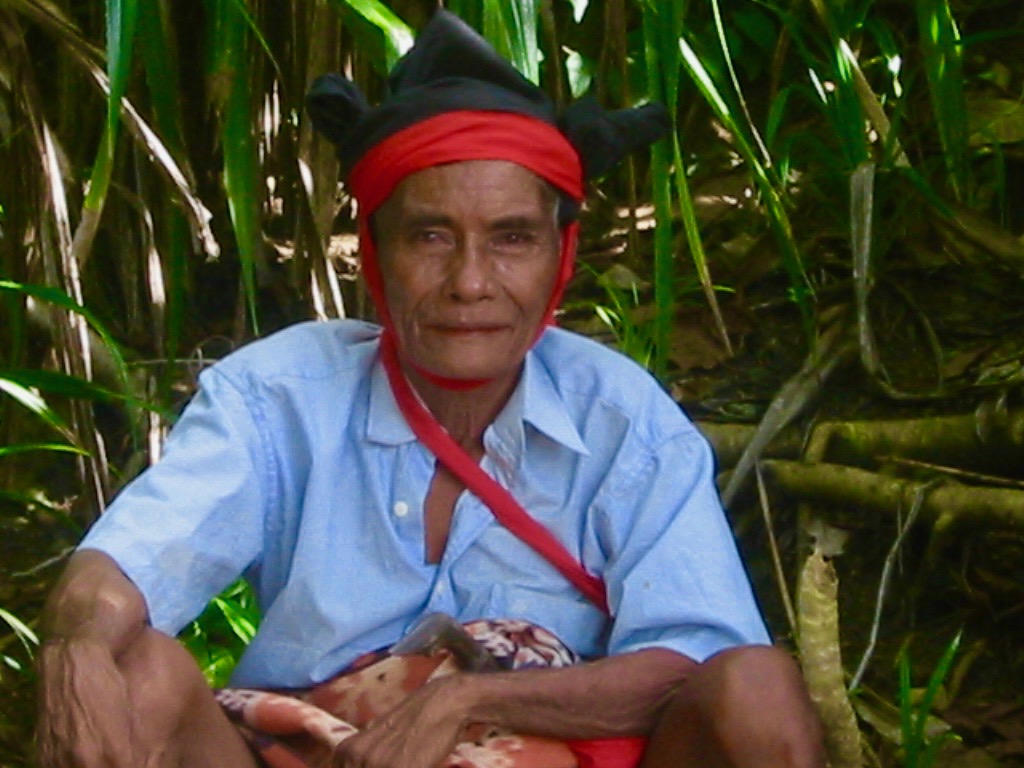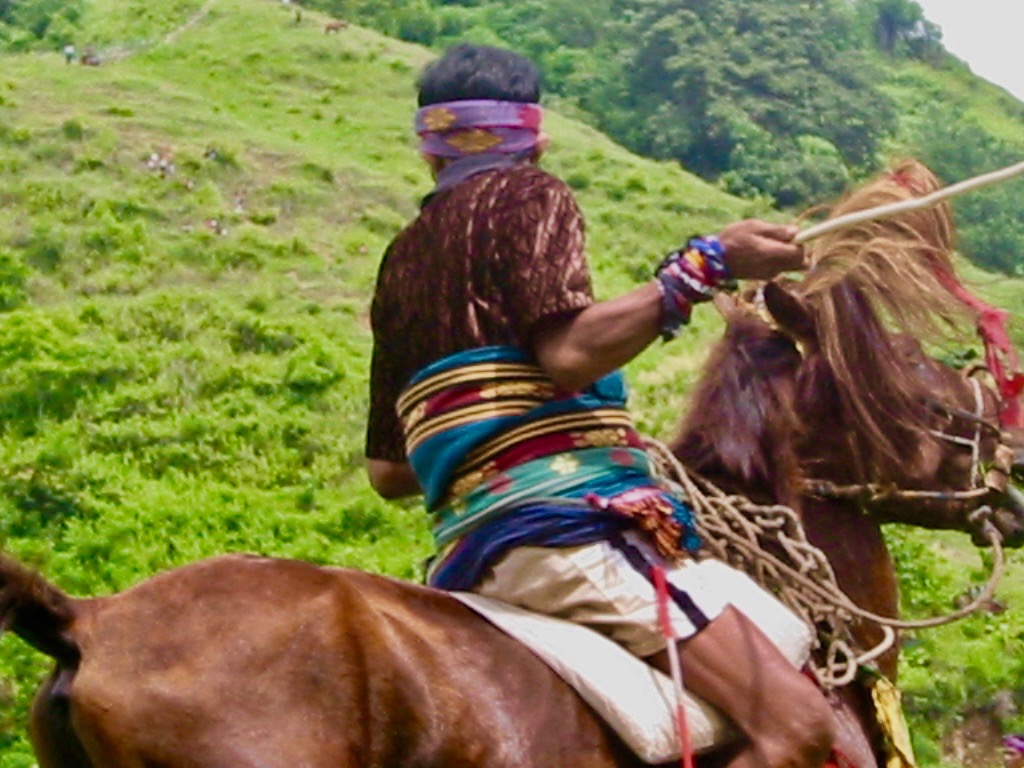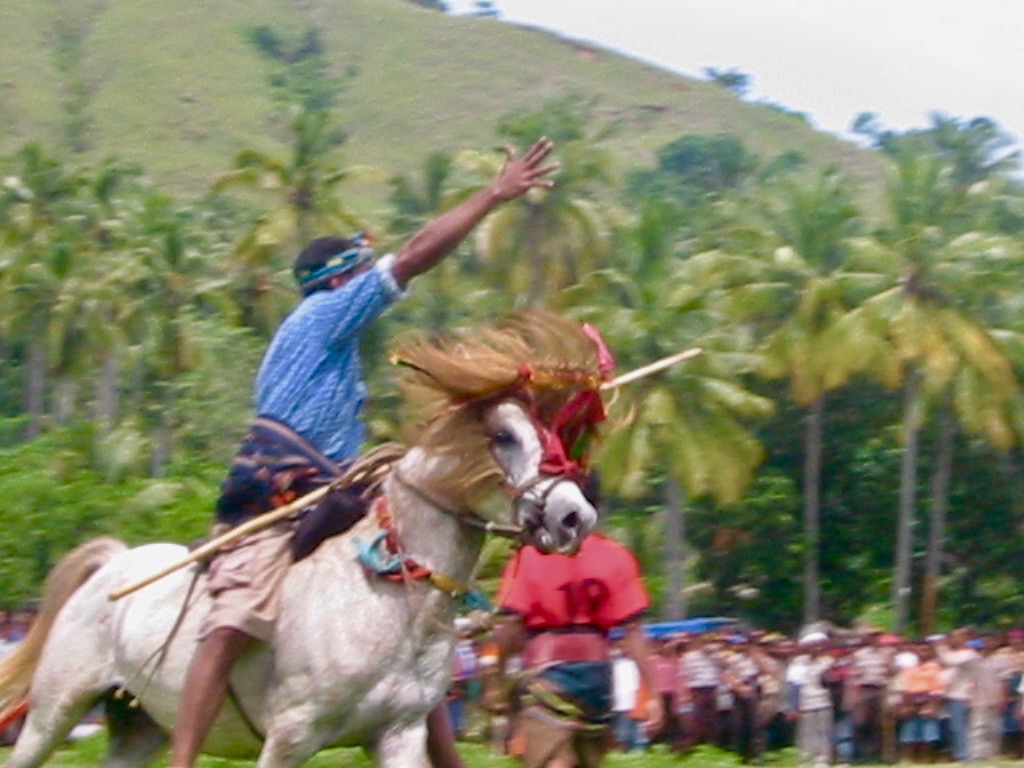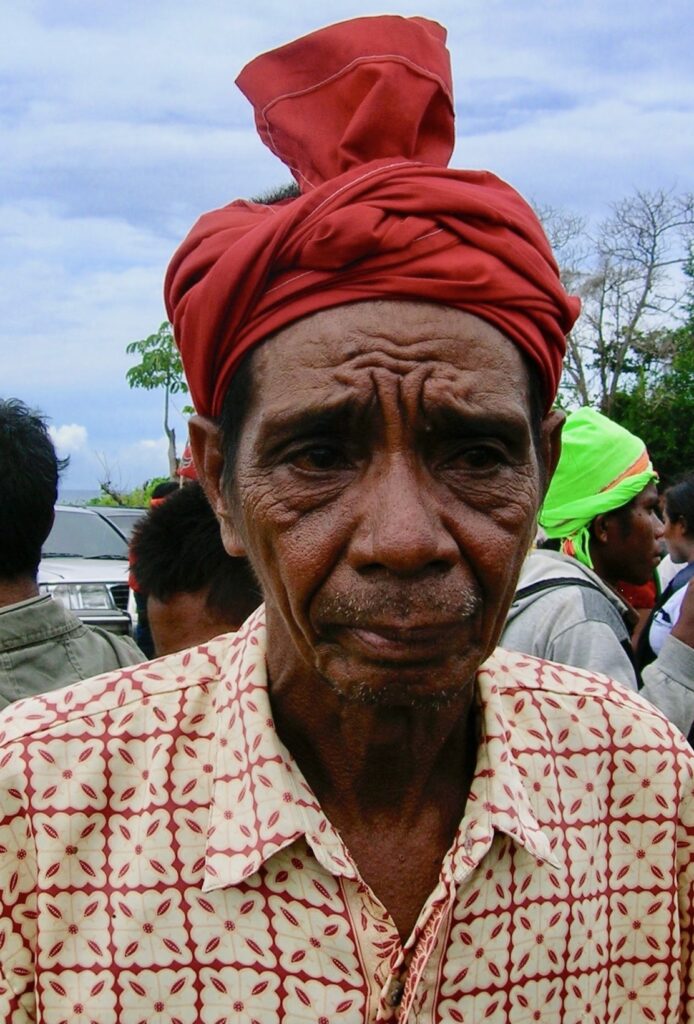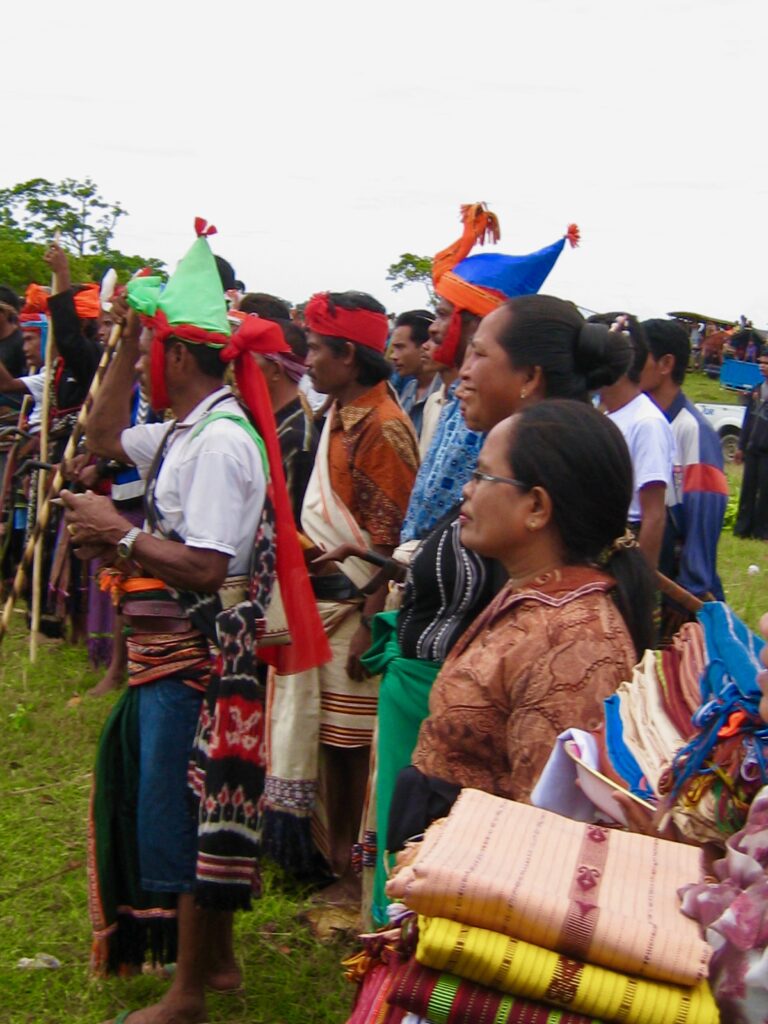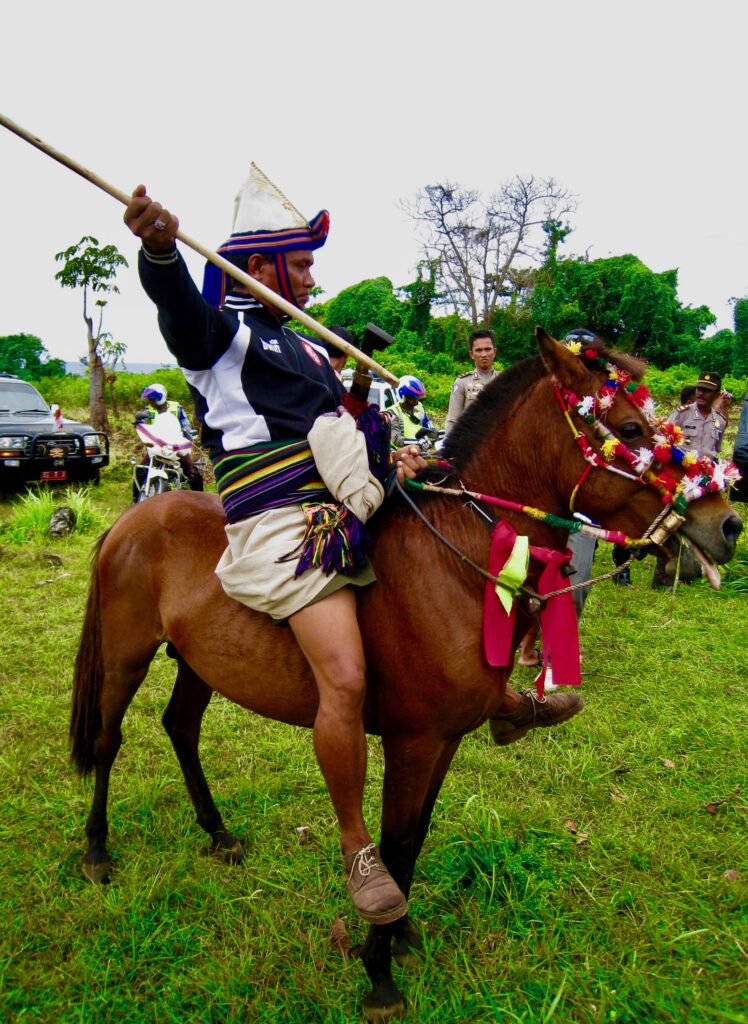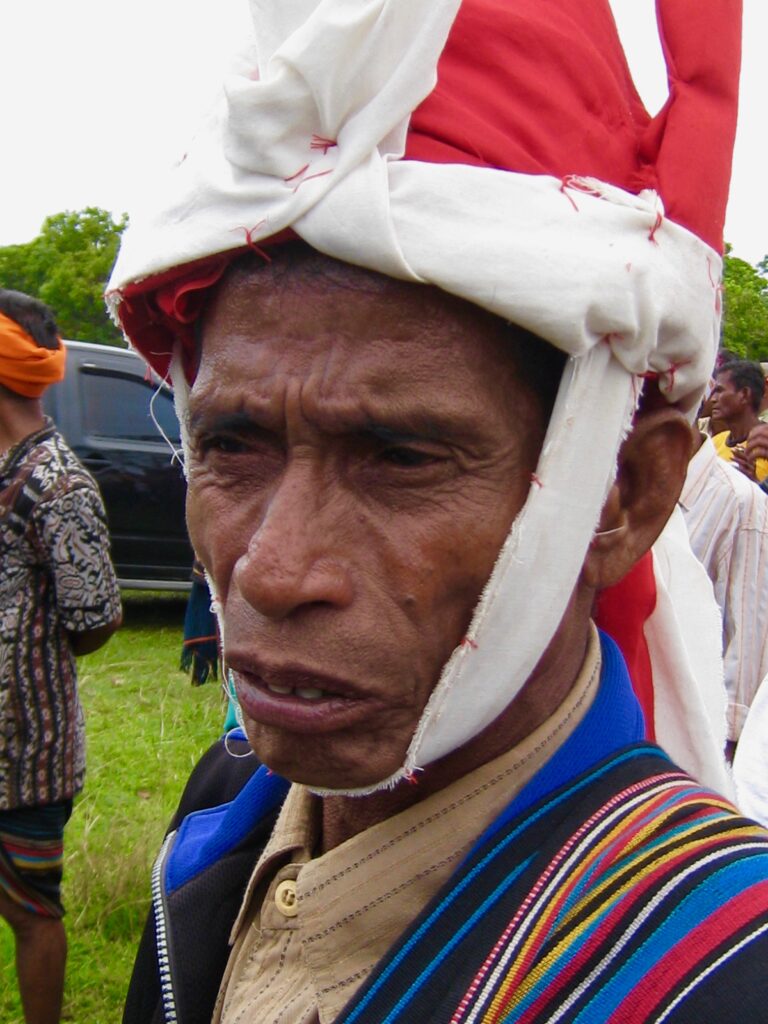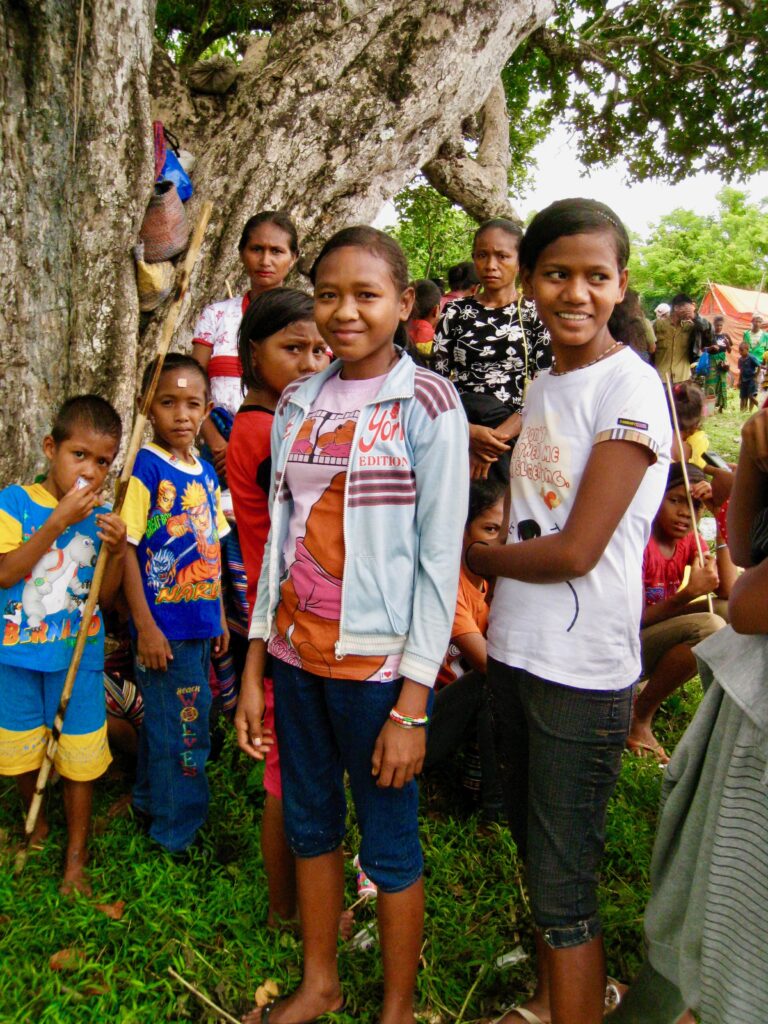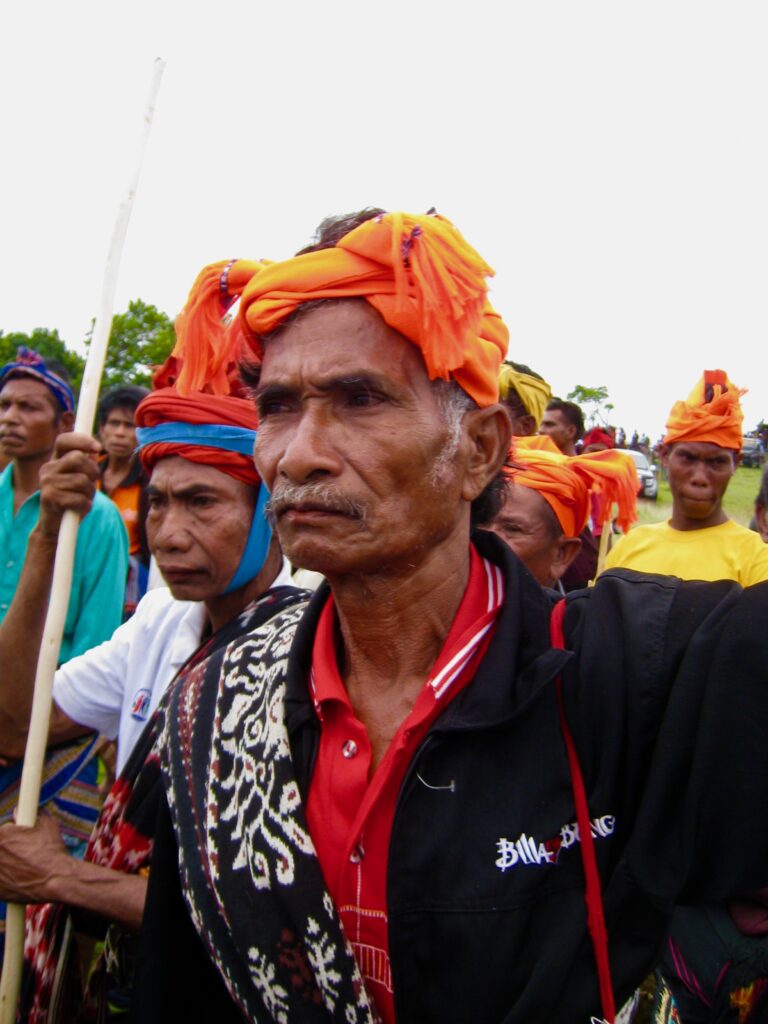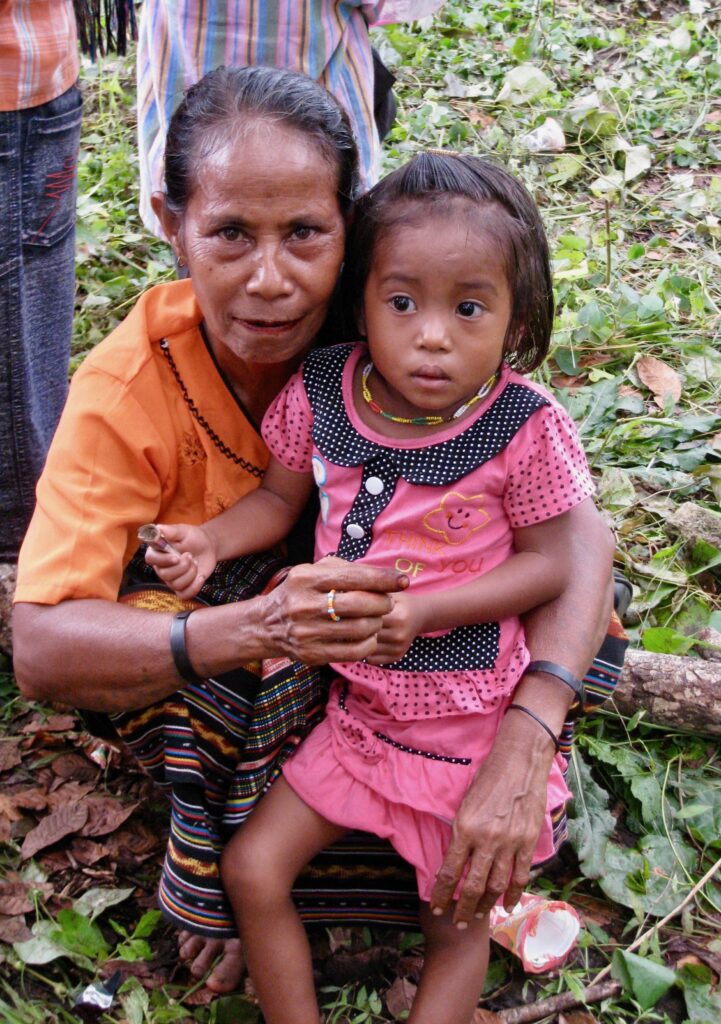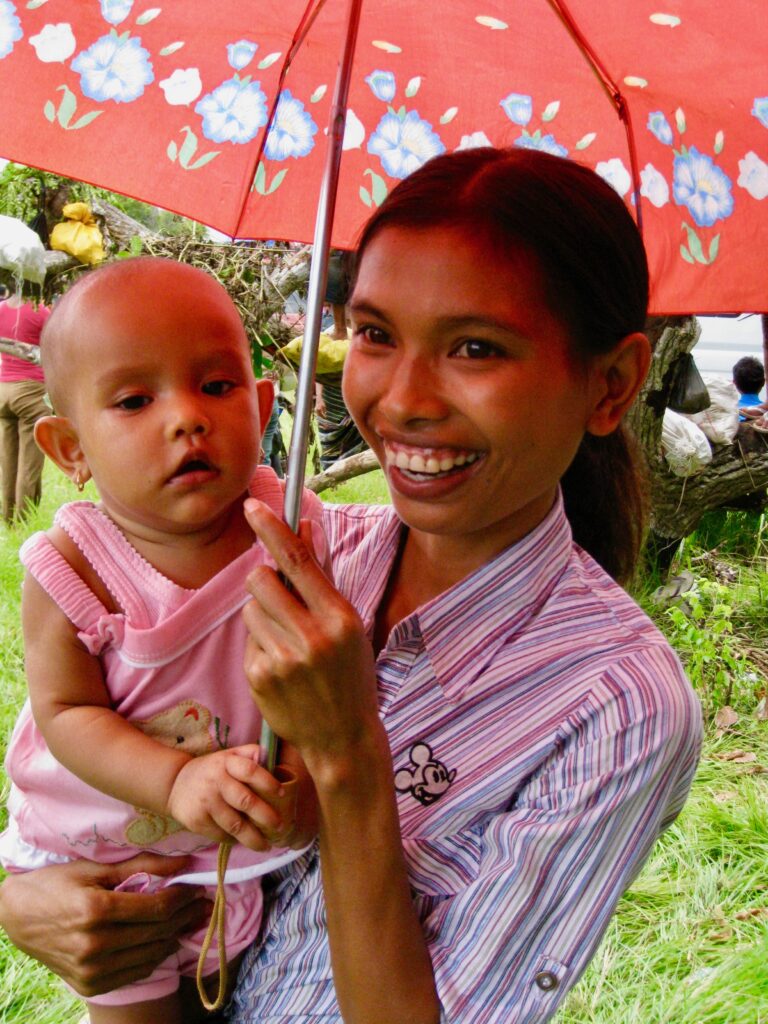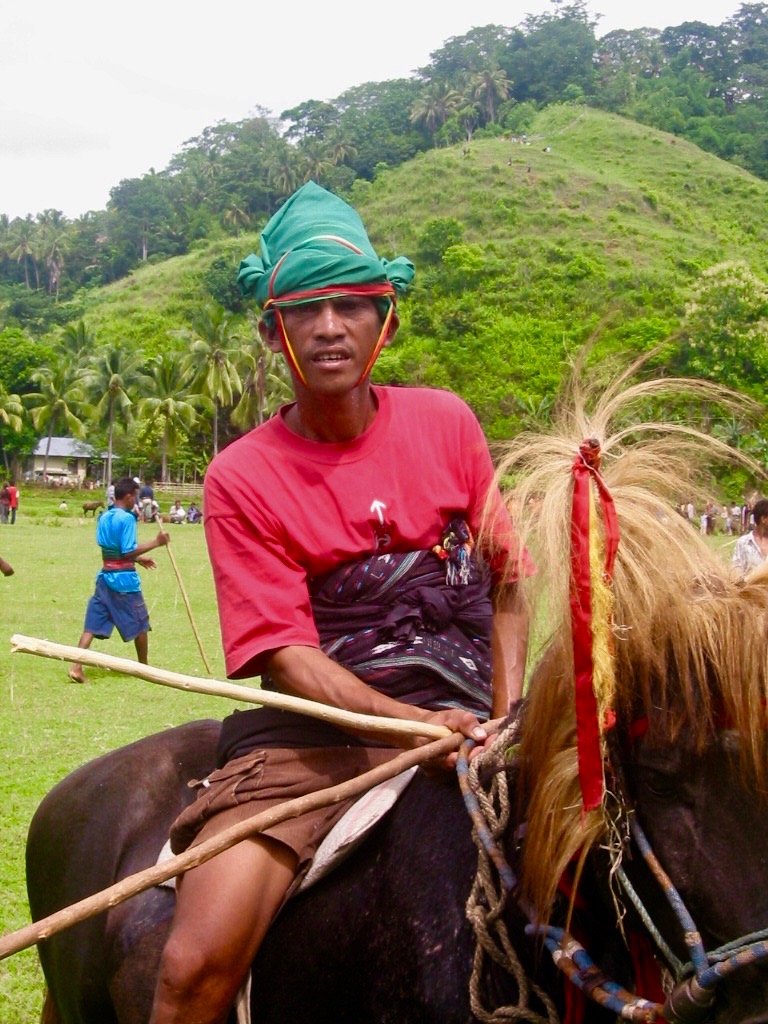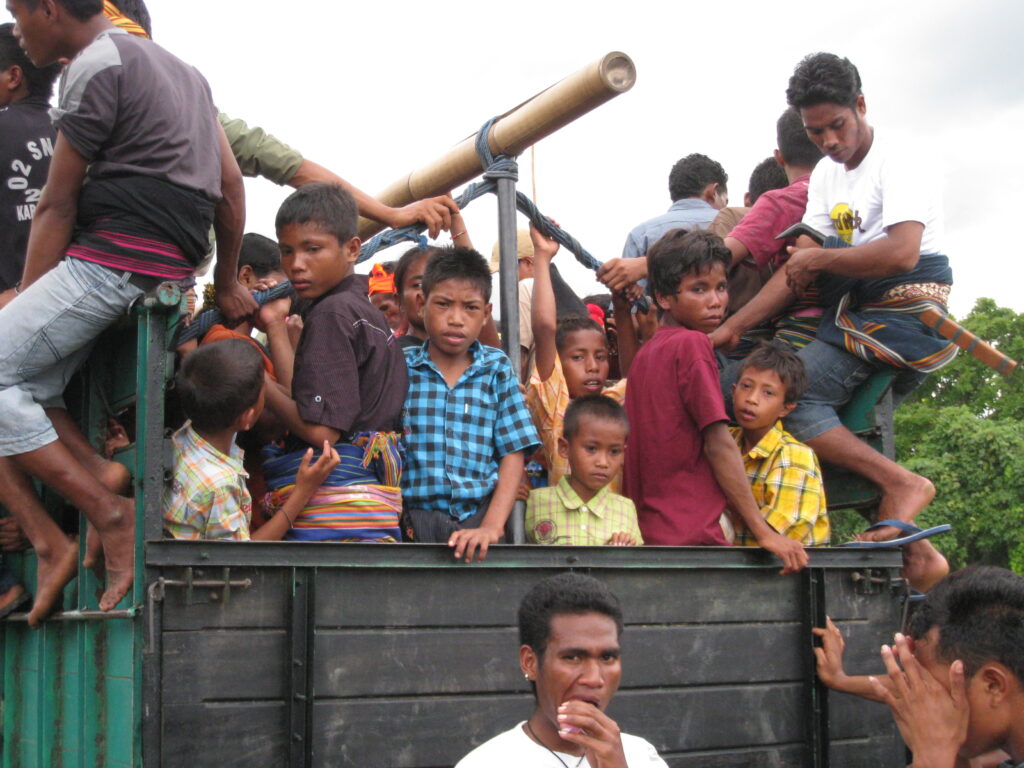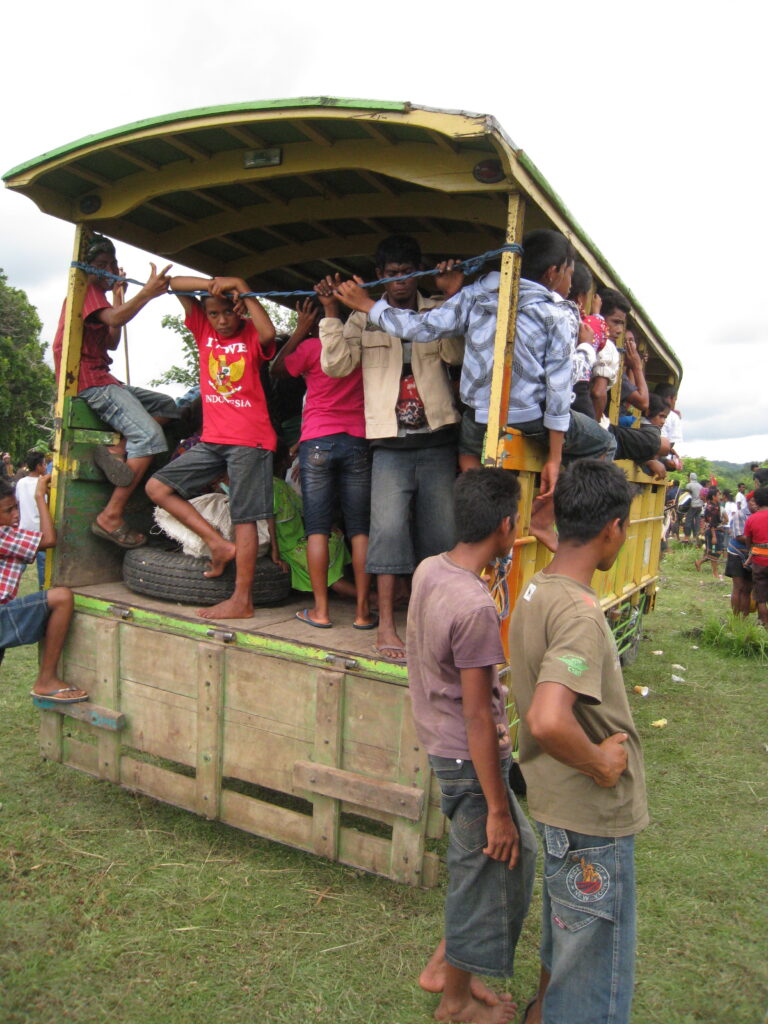Pasola
On the island of Sumba, in the archipelago of the Lesser Sunda Islands, in Indonesia, the ancient Pasola fighting game-ritual is annually renewed, which sees two teams of men on horseback, made up of members of two different clans or tribes opposing each other in a battle with blows of blunt-pointed wooden arrows (pasol), thrown towards rivals. (sometimes there are deaths).
The Pasola festival heralds the arrival of Nyale (sea worm) these multicolored worms that are caught at low tide on coral beaches, a week after the full moon. The Nyale cycle marks the transition between the dry and wet seasons and rice is transplanted into the fields. If Nyale are very healthy and colorful, the rice harvest will be plentiful and will curb diseases.
If they are fragile and die quickly, it means heavy rains that will destroy the crops. The message is important to the ratu- only they have the power to read the future. A hundred knights are ready. Two sides collide. The horses are decorated, bells, colored halters and well-cut manes. The crowd is plentiful, stretching in a circle around the battlefield.
In the morning the weather is already muggy. Young and old participate, the opponents are traditionally indicated in advance. In groups or individually they run and push forward, bending over their horses to avoid blows from the opposite field. Spears are thrown from all sides, all people are involved.
A knight falls, gets up without difficulty, it cannot happen to him again and he is free to return to his mount, without worrying about being charged again, it is in the law of Pasola.
Everyone is free to leave the scene of battle at any time to rest or heal their wounds. Pasola is a courageous game, everyone shows their strength, but also their intelligence. The battle must “end in blood”: according to local tradition, the blood (of the knights or horses hit) serves to make the land fertile and guarantee a rich harvest, as well as that of wild boars black roosters and other animals that are sacrificed to the gods during the festival. In the Sumbanese tradition, these “fights” were also functional to avoid the explosion of conflicts within the villages.
A number of Pasola are held in Sumba every year to Lamboya and Kodi in February to Gaura and Wanukaka in March.

